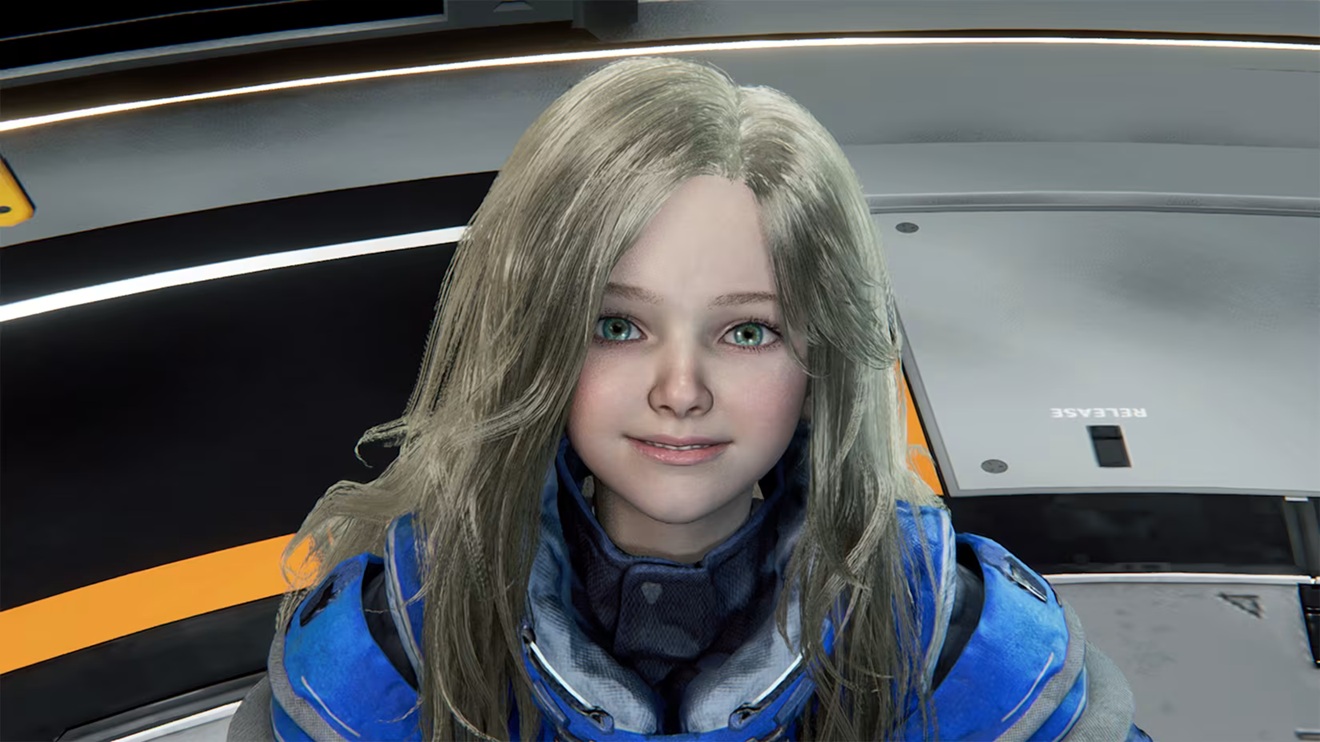Palworld, an open-world creature-collecting game developed by Japanese studio Pocketpair, has made significant waves in the gaming community for its creative take on monster training and survival mechanics.
Despite its initial comparisons to the iconic Pokémon franchise, Palworld has differentiated itself through its gameplay, which features base-building, crafting, and mature combat elements.
Released in early access on various platforms, the title has found major success, especially on PC and Xbox, quickly amassing millions of players worldwide. However, not all industry figures see Palworld as an innovative spin on familiar mechanics.
Yoshiki Okamoto, a seasoned developer best known for his work at Capcom on classic franchises such as Street Fighter II and Resident Evil, recently stirred controversy with his remarks about Palworld.
In a video posted online, Okamoto stated that Palworld "has clearly crossed a line that should not be crossed." He expressed concern over what he perceives as the game's striking resemblance to Pokémon, saying, "I do not wish for a world in which such things become acceptable." Okamoto further commented that if a legal resolution is reached between Pocketpair and Nintendo, "then I think Palworld would become a game that is officially fine to play.
However, as it is currently subject to legal scrutiny, supporting the game through purchases is, in my view, unacceptable.
I urge players not to buy it." These pointed comments were met with swift backlash from Japanese fans and the broader gaming community.
Many noted that during Okamoto’s own storied career, he often drew creative inspiration from existing game genres and mechanics, a common practice in the evolving landscape of game development.
Critics argue that innovation frequently builds on established gameplay formulas, and they challenged the fairness of Okamoto’s criticism toward Pocketpair. The controversy also intensified after Okamoto cryptically referred to Pocketpair as an 'anti-xxxx'—a term he deliberately obscured in his video.
This ambiguous characterization fueled further debate, and responses flooded in from commentators who questioned the intent and substance of Okamoto’s statements. While Nintendo and Pocketpair have yet to publicly resolve any potential legal disputes regarding intellectual property, Palworld continues to resonate with an international audience seeking fresh experiences on familiar platforms like the Nintendo Switch.
This incident highlights the ongoing dialogue in the Japanese game development community about inspiration, originality, and acceptable boundaries in game design. As Palworld expands its reach, and as the Nintendo Direct presentations and eShop trends continue to shape the industry landscape, developers and fans alike will be watching closely to see how both innovation and legal frameworks evolve within the global gaming market.
Despite its initial comparisons to the iconic Pokémon franchise, Palworld has differentiated itself through its gameplay, which features base-building, crafting, and mature combat elements.
Released in early access on various platforms, the title has found major success, especially on PC and Xbox, quickly amassing millions of players worldwide. However, not all industry figures see Palworld as an innovative spin on familiar mechanics.
Yoshiki Okamoto, a seasoned developer best known for his work at Capcom on classic franchises such as Street Fighter II and Resident Evil, recently stirred controversy with his remarks about Palworld.
In a video posted online, Okamoto stated that Palworld "has clearly crossed a line that should not be crossed." He expressed concern over what he perceives as the game's striking resemblance to Pokémon, saying, "I do not wish for a world in which such things become acceptable." Okamoto further commented that if a legal resolution is reached between Pocketpair and Nintendo, "then I think Palworld would become a game that is officially fine to play.
However, as it is currently subject to legal scrutiny, supporting the game through purchases is, in my view, unacceptable.
I urge players not to buy it." These pointed comments were met with swift backlash from Japanese fans and the broader gaming community.
Many noted that during Okamoto’s own storied career, he often drew creative inspiration from existing game genres and mechanics, a common practice in the evolving landscape of game development.
Critics argue that innovation frequently builds on established gameplay formulas, and they challenged the fairness of Okamoto’s criticism toward Pocketpair. The controversy also intensified after Okamoto cryptically referred to Pocketpair as an 'anti-xxxx'—a term he deliberately obscured in his video.
This ambiguous characterization fueled further debate, and responses flooded in from commentators who questioned the intent and substance of Okamoto’s statements. While Nintendo and Pocketpair have yet to publicly resolve any potential legal disputes regarding intellectual property, Palworld continues to resonate with an international audience seeking fresh experiences on familiar platforms like the Nintendo Switch.
This incident highlights the ongoing dialogue in the Japanese game development community about inspiration, originality, and acceptable boundaries in game design. As Palworld expands its reach, and as the Nintendo Direct presentations and eShop trends continue to shape the industry landscape, developers and fans alike will be watching closely to see how both innovation and legal frameworks evolve within the global gaming market.






